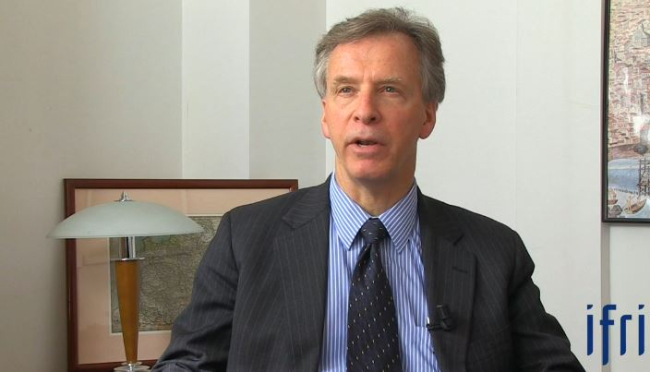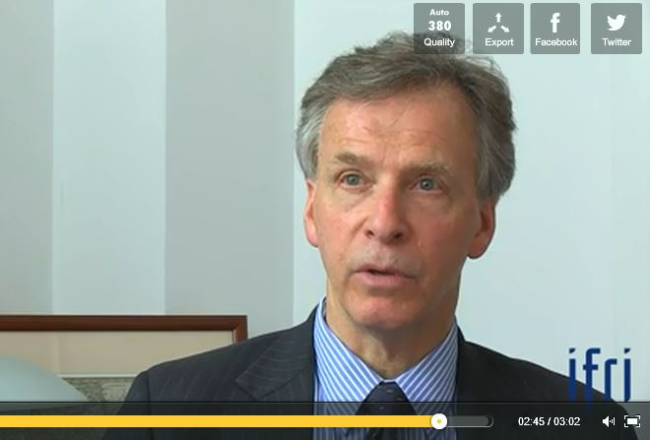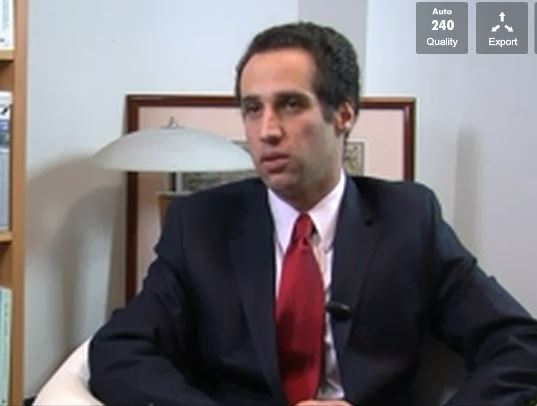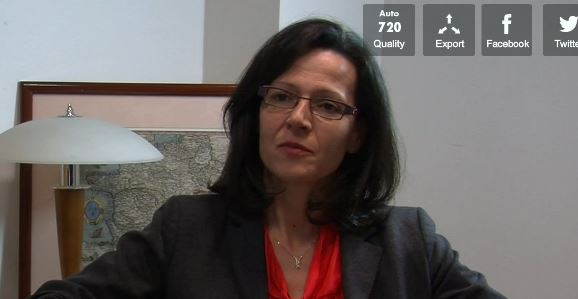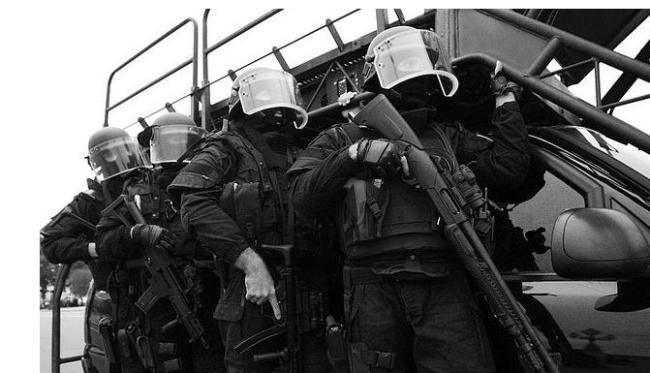Security - Defense
As a result of global strategic competition, security and defense issues are marked by the return of major wars and nuclear deterrence, the transformation of terrorism and the race for military technologies.
Related Subjects

Canada’s Recognition of a Palestinian State: What Consequences on its Foreign Policy Toward Palestine?

On September 21, 2025, Canada became the 148th of 157 countries to recognize Palestine as a state. It did this with the United Kingdom (UK) and Australia, defying the United States (US) and Israeli opposition.


La prueba nuclear norcoreana refuerza el papel de EE UU en Asia
Corea del Norte ha tratado esta semana de aumentar la presión para ser reconocida como una potencia nuclear con la prueba del pasado miércoles en la que aseguraba que empleó una bomba de hidrógeno. Y ha introducido un nuevo elemento en el gran juego de alianzas estratégicas y comerciales que Estados Unidos y China disputan en el siglo XXI en Asia, un tablero de ajedrez que representa el 38,8% del PIB mundial. La prueba nuclear ha dejado en evidencia la falta de control de Pekín sobre Pyongyang y ha reforzado el papel de Washington como garante de la seguridad en la región.

Before Paris Attack, the Bataclan Had Long History in Music and Politics
PARIS — Crowds gathered on Monday to place flowers and candles and pay their respects to the 89 people killed at the Bataclan, as speculation swirled about why the legendary music hall was the target of the most brutal of the terrorist attacks on Friday.


The defense posture of China
Alice Ekman comments the defense posture of China as Beijing is holding a large military parade on September 3rd.
USA and the negociations with Iran 2/2 : U.S. views on the true nature of the Iranian regime
Robert Litwak from the Wilson Center joined Ifri on April 22, 2015 for a seminar on the U.S.-Iranian nuclear negotiations. In this video, he analyzes the different views on Iran and its regime.
Robert Litwak is the Vice President for Scholars and Director of International Security Studies at the Woodrow Wilson International Center for Scholars.
USA and the negociations with Iran 1/2 : How does each side understand nuclear diplomacy?
Robert Litwak is the Vice President for Scholars and Director of International Security Studies at the Woodrow Wilson International Center for Scholars.

Jihad in Syria and in Iraq: a Сhallenge for France
One week after the terrorist attacks in Paris, the police killed two jihadists in Belgium. Officials said that the two men were coming back from Syria and were on the brink of targeting Brussels. The capital of Belgium was already targeted a few months ago: in May 2014, Mehdi Nemmouche – a French citizen who had trained in Syria – killed 4 persons in Brussels’ Jewish museum.
"U.S. Foreign Policy and the Ukrainian Turmoil"
The speakers from the Annual Conference on the United States summarize their talks in short videos. Here, Jeff Mankoff analyzes the strategies put in place by the United States with hopes of containing the situation in Ukraine.
Don’t Overhaul French Anti-terrorism
For the past two years, French experts on terrorism have felt anxious. They often emphasized: “The question is not whether France will be targeted by a terrorist attack, but when.” The dreaded attack took place on January 7th, 2015. That evening, various speakers across the media expressed their solidarity with the victims, but also criticized intelligence agencies for their failure, and asked for the implementation of a completely different strategy or the adoption of a new antiterrorist law. Never mind that the last one was only voted on a couple of months ago — the mere occurrence of the attacks shows that something went wrong somewhere. The French Prime Minister, Manuel Valls, didn’t hide this fact and asked for a thorough report. But let’s face it: No antiterrorist scheme is foolproof. The attack against Charlie Hebdo should not lead to an entire rethink of a French system that had become stronger over the years and now seems solid.
Support independent French research
Ifri, a foundation recognized as being of public utility, relies largely on private donors – companies and individuals – to guarantee its sustainability and intellectual independence. Through their funding, donors help maintain the Institute's position among the world's leading think tanks. By benefiting from an internationally recognized network and expertise, donors refine their understanding of geopolitical risk and its consequences on global politics and the economy. In 2025, Ifri supports more than 80 French and foreign companies and organizations.







